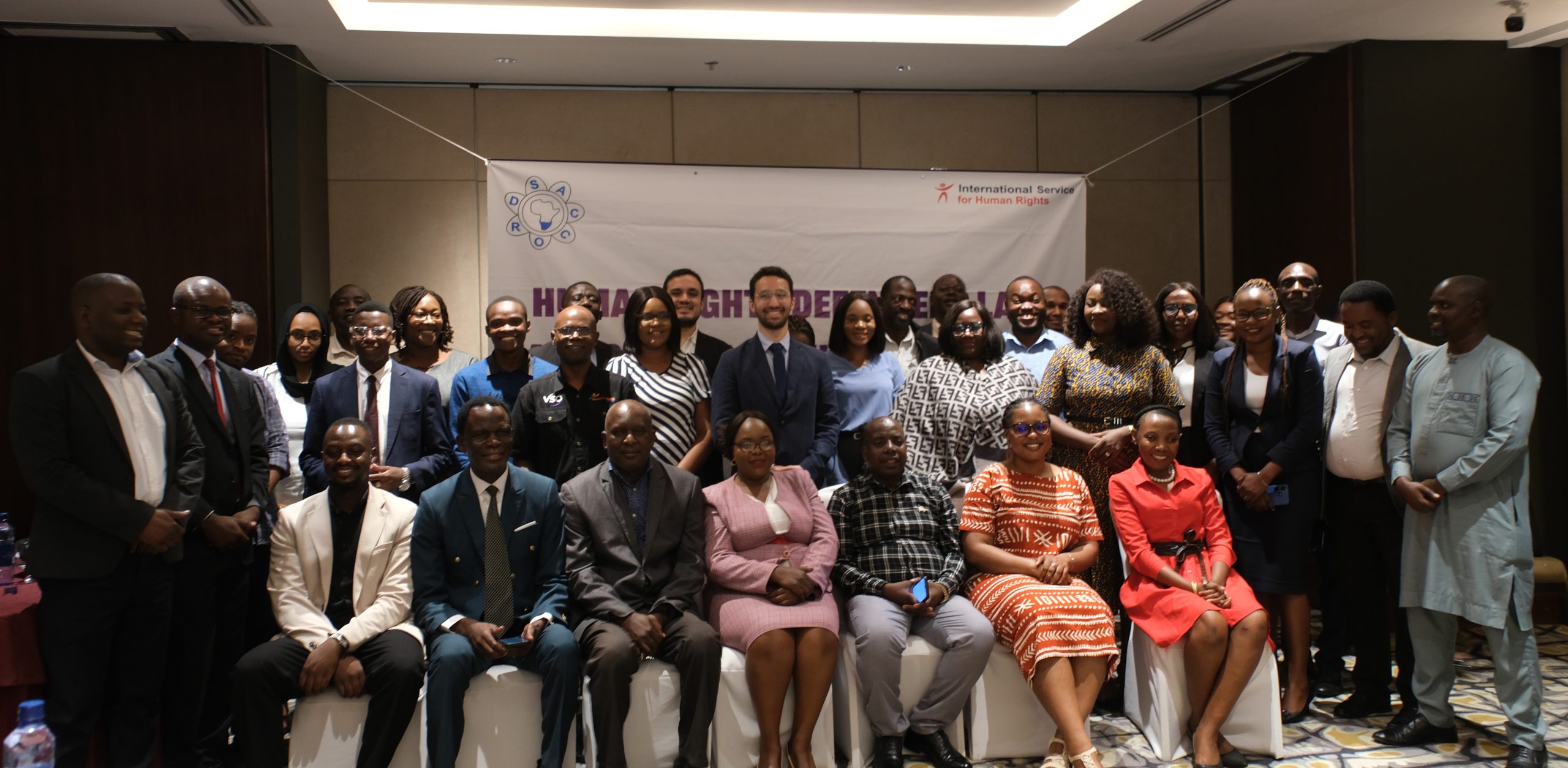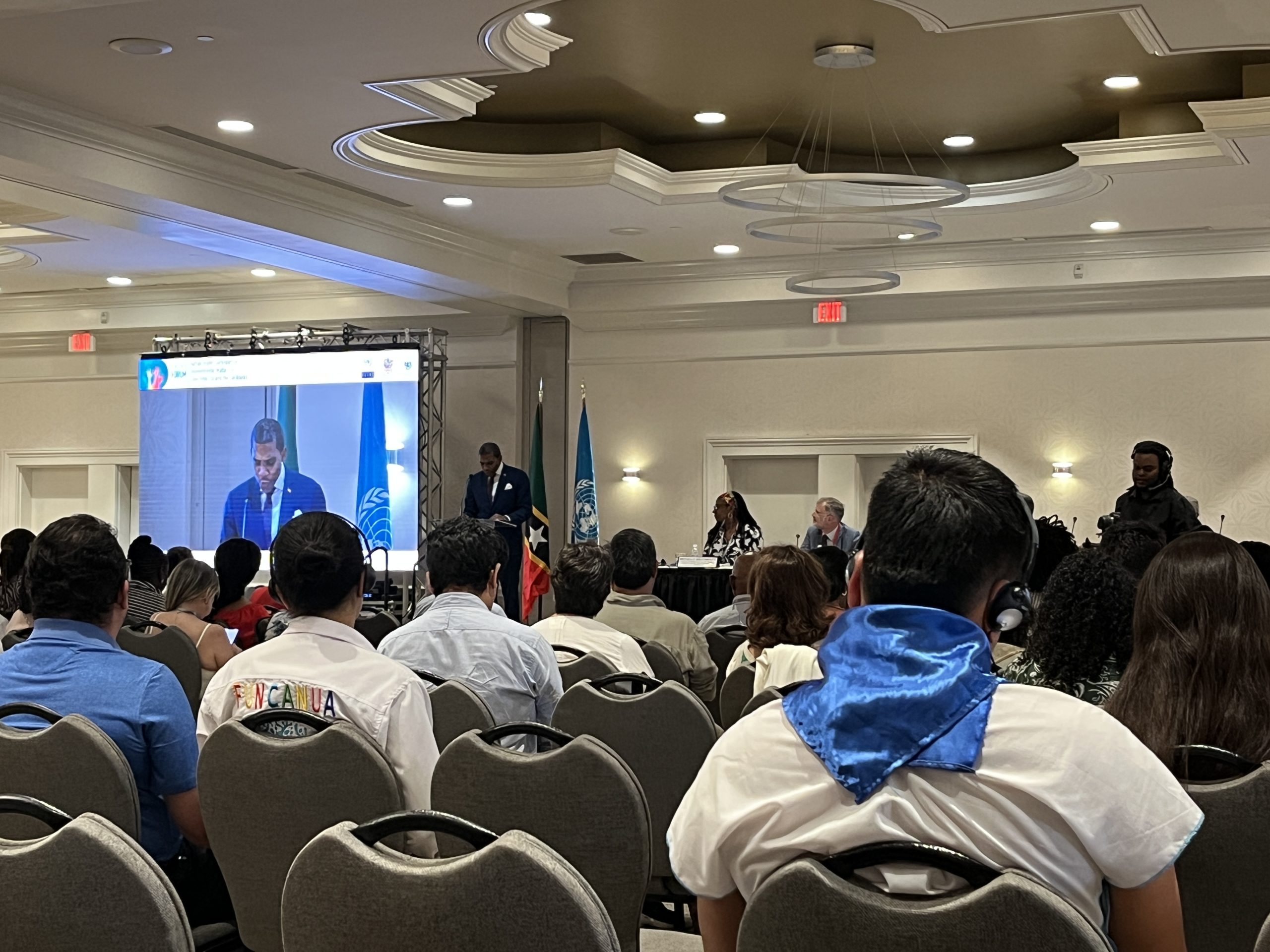When Jeehan Mahmood and Ahmed Tholal submitted a report to the Universal Periodic Review of the Maldives in September 2014, they were simply doing their jobs as Commissioners of the Human Rights Commission of the Maldives (HRCM). The report focused on prominent human rights issues faced by defenders in the Maldives, including access to justice. It questioned the functioning of the judiciary on grounds of independence, transparency, interference, influence, competency, consistency, and accessibility.
The Supreme Court of the Maldives retaliated and prosecuted the HRCM arguing that the report was unlawful, biased and undermined judicial independence, and ordered the HRCM to follow a set of guidelines designed to restrict the HRCM’s work and its ability to communicate with the UN.
In September 2016, Jeehan Mahmood and Ahmed Tholal took their case to the UN Human Rights Committee with ISHR’s support, seeking recognition of the right to submit information to UN human rights mechanisms. Yet two years after submitting their complaint, they had yet to receive confirmation that their case had even been registered by the OHCHR, which receives and handles complaints to the UN treaty bodies.
Unfortunately, this is not an isolated situation. In the current context, it would take more than four years to deal with the current backlog of 977 communications pending review, excluding new communications received during the same period. The OHCHR unit dealing with complaints receives more than 20’000 pieces of correspondence on a monthly basis, and yet have less than 20 lawyers on staff working to register the complaints. It is clearly an impossible task.
This unacceptable situation prompted ISHR and TRIAL International to initiate an open letter to High Commissioner Bachelet, asking her to address the current inability of her office to deal effectively with the volume of complaints submitted to treaty bodies.
“The delays in obtaining even a registration of an individual complaint to a treaty body are unacceptable,” said ISHR’s legal counsel Madeleine Sinclair. “We know that it takes several years for a decision to be made once a case is registered, but victims cannot wait, and justice is being severely undermined,” she added.
“We understand the High Commissioner is taking the problem seriously,” said ISHR’s head of treaty body advocacy Vincent Ploton. “States have been asked to provide resources for additional staff to the OHCHR unit that receives complaints, but so far only Japan and Hungary have positively responded. Both OHCHR and States need to urgently review budgetary allocations so as to enable the treaty bodies to decide cases in a timely manner” he concluded.




